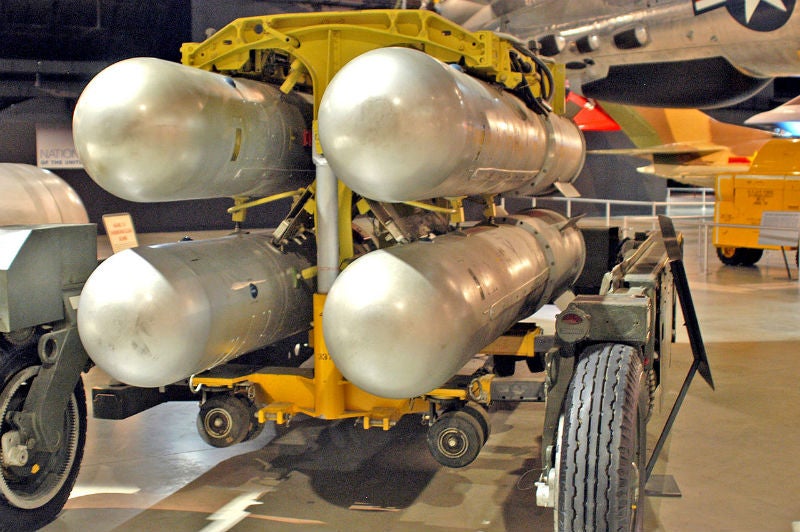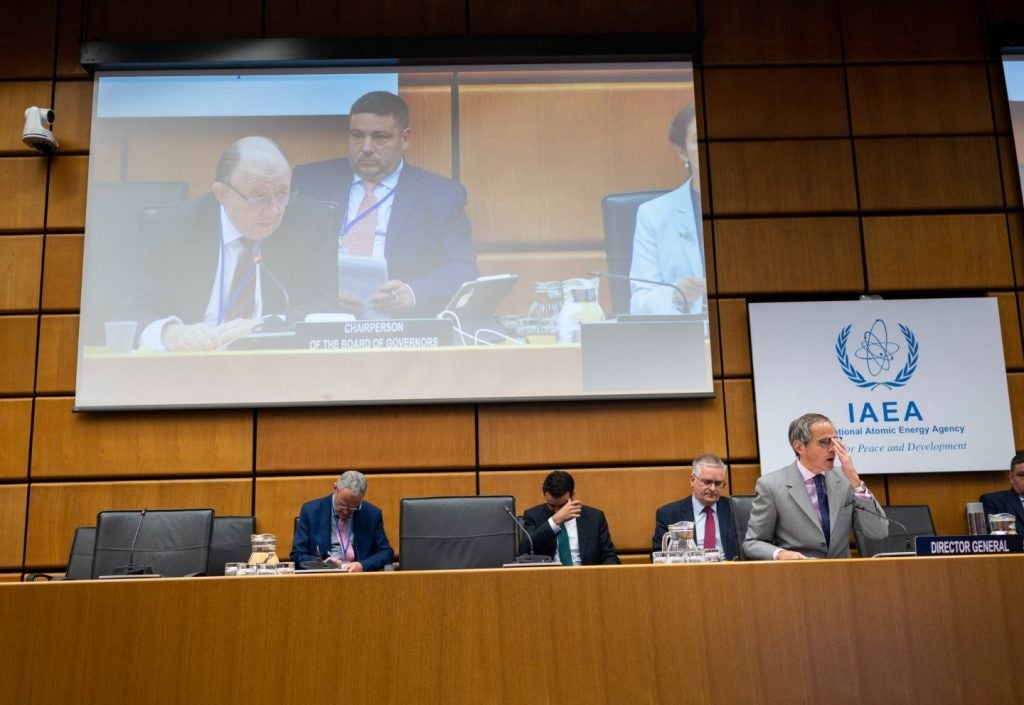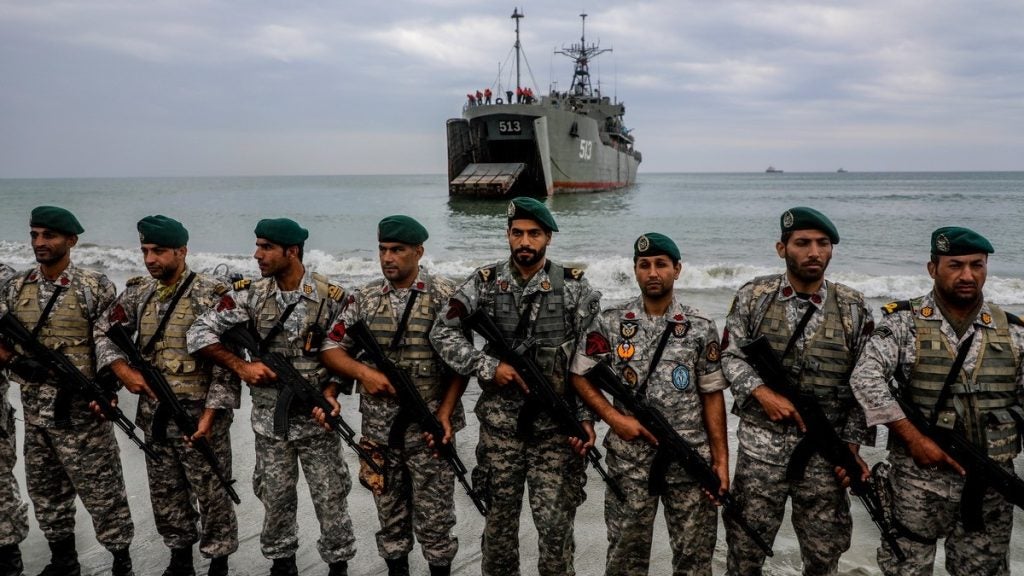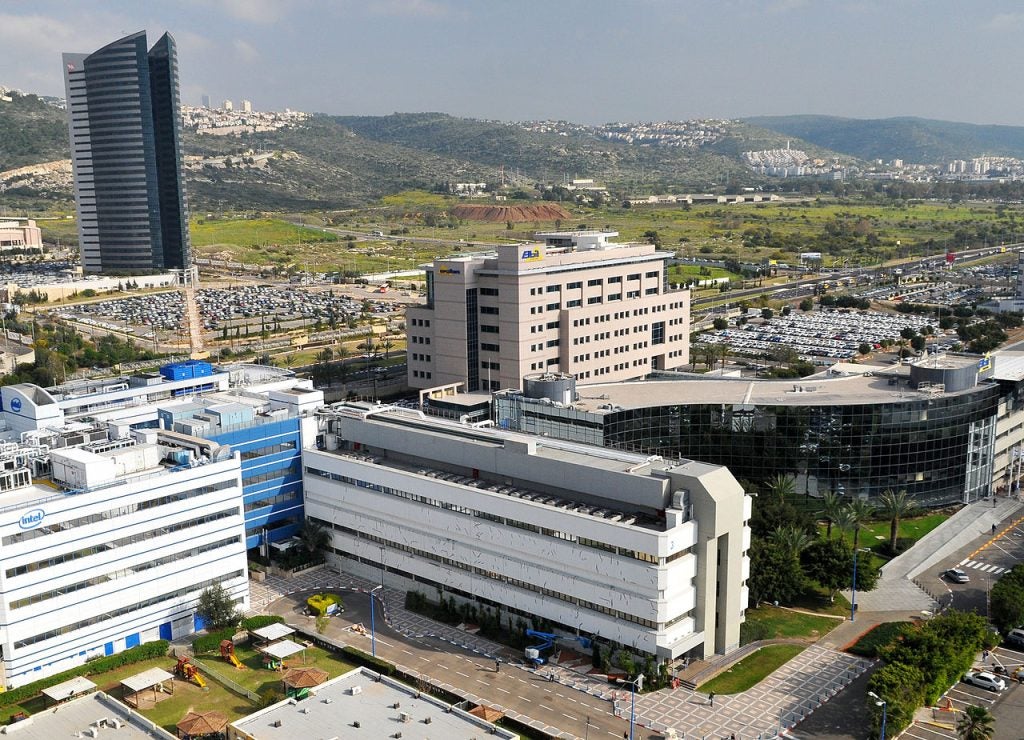
A report commissioned by the Stockholm International Peace Research Institute (SIPRI) identifies two new approaches to securing nuclear disarmament in the Middle East, including reinforcing the Non-Proliferation Treaty (NPT) and a Weapons of Mass Destruction (WMD) free zone without the participation of Israel, or incorporating a WMD-free zone as part of a broader regional security dialogue.
The SIPRI report noted that the previous efforts to eradicate the stockpiling of nuclear weapons in the Middle East have been underwhelming and that despite the formation of treaties, such as the NPT and the 1995 Middle East Resolution, an effective policy has remained unimplemented.
Dr Tytti Erästö, author of ‘The lack of disarmament in the Middle East: A thorn in the side of the NPT’ report, told Army Technology: “The asymmetric nuclear status quo in the Middle East has had both regional and global implications. Regionally, it has fuelled proliferation and related concerns—as, historically, the acquisition of nuclear weapons by one country has tended to lead its adversaries to follow suit; weakened the sovereignty norm—through Israel’s pre-emptive strikes against suspected new proliferators, and undermined broader arms control efforts—as others have linked their adherence to arms control agreements with Israel doing the same.
“The global non-proliferation and disarmament regime has also been undermined, with the lack of progress on the implementation of the 1995 Middle East resolution coming back to haunt the NPT review process every five years.”
The paper seeks to address prospects for the 2020 NPT Review Conference, and offers two novel approaches to moving forward with nuclear disarmament in the Middle East.
A WMD-free zone without Israel
The first approach analysed by SIPRI is the possibility of a WMD-free zone process in the Middle East, without Israel’s participation. According to the report, some Arab states proposed this course of action at the 2015 NPT Review Conference and the 2018 First Committee conference.
How well do you really know your competitors?
Access the most comprehensive Company Profiles on the market, powered by GlobalData. Save hours of research. Gain competitive edge.

Thank you!
Your download email will arrive shortly
Not ready to buy yet? Download a free sample
We are confident about the unique quality of our Company Profiles. However, we want you to make the most beneficial decision for your business, so we offer a free sample that you can download by submitting the below form
By GlobalDataHowever, in the absence of Israel’s consent, there is a “growing realisation” that the NPT’s requirement for consensus does not allow for any undertaking of a WMD-free zone without approval from all parties. According to the report, the possibility is improbable, but not impossible, as historical precedent shows.
Erästö wrote: “There is at least one historical precedent that shows that regional arms control processes can make progress even if key states drag their feet: the 1967 Treaty for the Prohibition of Nuclear Weapons in Latin America and the Caribbean (the Treaty of Tlatelolco) established a nuclear weapon-free zone in Latin America, despite the fact that Brazil and Argentina sought to delay negotiations, remained outside of the NPT and declined full membership of the nuclear weapon-free zone until the 1990s.”
The report noted that the likelihood that any attempt to cut Israel out of the WMD-free zone negotiations would receive pushback from the US. Nonetheless, SIPRI believes that the benefits of disarmament and control in the region will have a better chance of success, until Israel can eventually be brought onside.
A broader dialogue on regional security
An alternative approach would involve framing the issue of nuclear disarmament in the context of a broader regional security dialogue.
Ongoing crises in the Middle East, ranging from Syria to Yemen, including the US/Iran and the Israeli-Palestinian conflicts, call for a more comprehensive dialogue, with nuclear disarmament one of several issues on the table.
The report conceded: “Egypt might initially oppose the idea because it fails to prioritise nuclear disarmament, whereas Israel might be against giving any role to nuclear disarmament in the early stages of the discussions. Israel would probably also oppose the seemingly inevitable inclusion of the Palestinian question on the agenda, and recognition of Israel would be a sticking point for some Arab states and Iran.”
Despite national objections, the region would benefit from a strengthened dialogue inclusive of all Middle Eastern nations, and in principle, could make headway with certain issues, even if others are stifled by political deadlock.
“If successful in building confidence and gradually transforming the nature of regional relations, such a process could eventually make Israel more forthcoming about discussing its nuclear arsenal,” said the report.
“Iran, for its part, might be more open to discussing its missile programme if the conventional military asymmetries in the region were being addressed simultaneously.”







